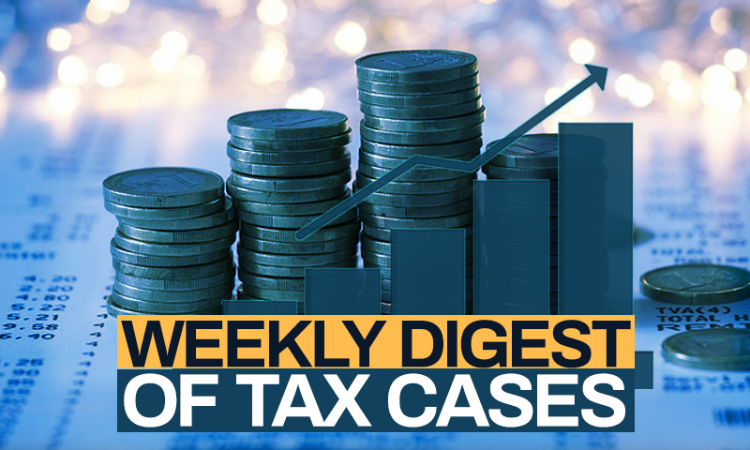Next Story
2 Oct 2022 3:52 PM IST
Delhi High Court Physical Verification Of Business Premises For GST Registration Without Issuing Notice Is Violation Of Principle Of Natural Justice: Delhi High Court Case Title: Curil Tradex Pvt. Ltd. Versus The Commissioner Citation: 2022 LiveLaw (Del) 905 The Delhi High Court has held that the physical verification of business premises for GST registration without...

